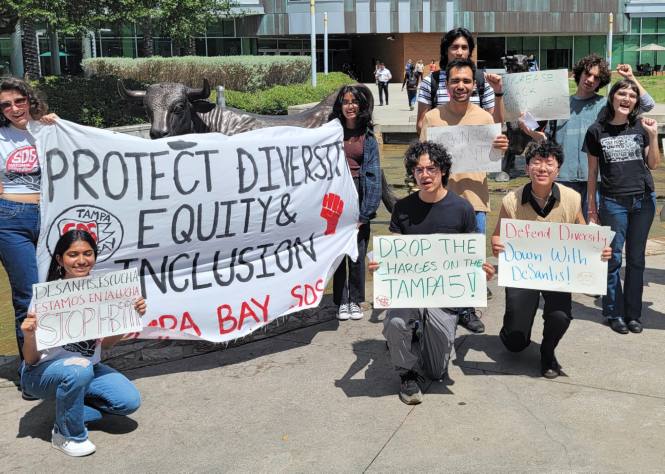The debate over diversity, equity, inclusion, and accessibility (DEIA) in the workplace has intensified under the Trump administration.
The DEIA brouhaha under Trump has raised significant legal and civil rights concerns.
Former U.S. Equal Employment Opportunity Commission (EEOC) General Counsel Karla Gilbride, who was fired by Trump on January 27, warns in an article published on Slate that the administration’s aggressive rollback of DEIA initiatives could have unintended legal and financial consequences for employers.
Trump’s DEI Crackdown: What’s at Stake?

Since retaking office, Trump has issued executive orders targeting DEIA initiatives, claiming they violate civil rights laws by promoting hiring based on race and sex.
However, legal experts argue that this interpretation misrepresents how DEIA policies function. Federal civil rights laws prohibit employment discrimination, but lawful DEIA programs serve a broader purpose—expanding recruitment efforts, eliminating systemic barriers to advancement, and ensuring workplace accessibility for all employees.
Gilbride notes in her insightful article that DEIA policies do not inherently violate civil rights laws unless they mandate hiring or promotion decisions based solely on race or sex.
Instead, they serve a preventative role, helping employers identify and correct inequities before they lead to discrimination claims. Removing these initiatives, she warns, could open businesses to increased litigation under existing anti-discrimination statutes.
The Business Case for DEIA
Despite political backlash, legal experts emphasize that DEIA initiatives help employers mitigate liability and foster workplace compliance.
The EEOC has recently pursued lawsuits against companies accused of discriminatory hiring practices, including cases where women were underrepresented as truck drivers or men were excluded from restaurant server positions.
Proactive DEIA measures—such as recruiting from diverse applicant pools and ensuring accessible workplace technologies—could have prevented these lawsuits.
Additionally, DEIA policies support compliance with the Americans with Disabilities Act (ADA). The EEOC has sued companies that failed to accommodate blind employees due to inaccessible hiring systems. Had these companies adopted inclusive hiring technologies, they could have avoided costly litigation.
DEI Under Fire: The Fallout in Private and Public Sectors
The Trump administration’s aggressive anti-DEIA stance is not limited to the federal government—it has fueled a chilling effect in the private sector as well.
Employers fearful of political and legal scrutiny may scale back DEIA programs, potentially exposing themselves to discrimination lawsuits.
Furthermore, dismantling federal DEIA policies could disproportionately harm historically underserved communities, including veterans, rural workers, caregivers, and first-generation professionals.
Under the Biden administration, DEIA initiatives focused on creating fairer hiring practices, expanding paid federal internships, and improving workplace accessibility. The Trump administration’s reversal of these efforts may reduce equal opportunity across industries.
The Legal Risk of Abandoning DEI
Gilbride compares DEIA policies to preventive healthcare—just as exercise can reduce the risk of costly medical procedures, lawful DEIA programs can help employers avoid expensive discrimination lawsuits.
If companies retreat from diversity efforts due to political pressure, they may face a rise in civil rights claims under Title VII of the Civil Rights Act and the ADA.
Despite Trump’s crackdown, civil rights laws remain in effect. Workers still have legal recourse when facing discrimination, and businesses must ensure compliance to avoid legal exposure. While political battles over DEIA continue, the legal framework supporting workplace equality remains a powerful tool for protecting employees and employers alike.
Under Trump’s new regime, the legal landscape has shifted, requiring that businesses must balance political pressures with compliance risks.
The future of DEIA initiatives may be uncertain, but the fight for workplace equity under federal law is far from over.

